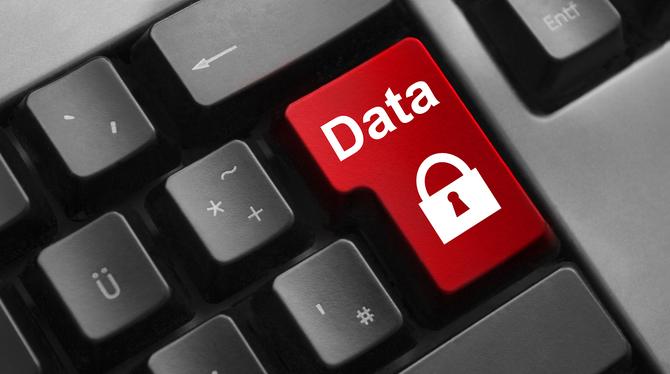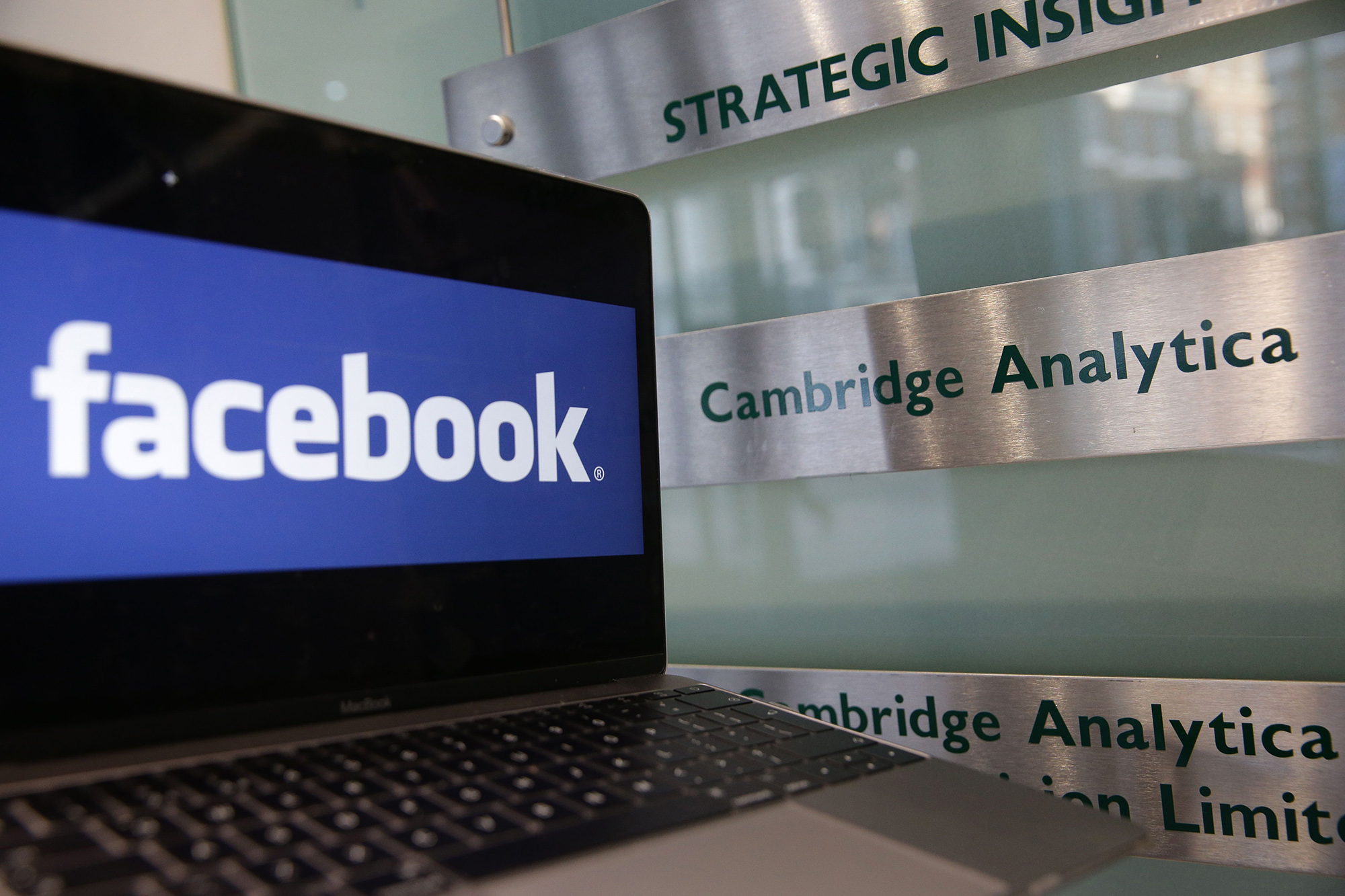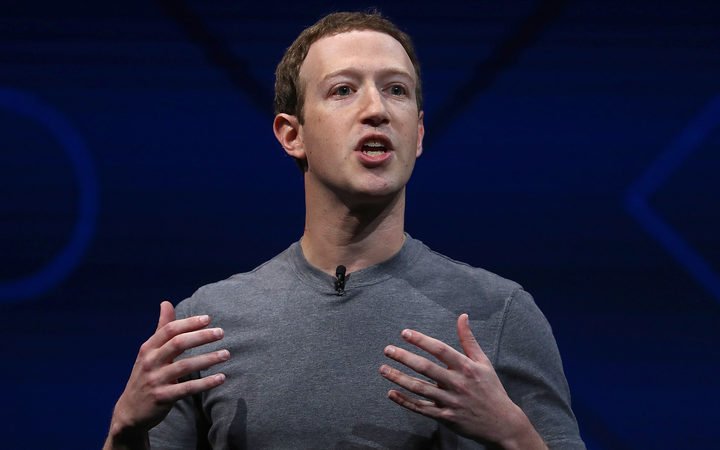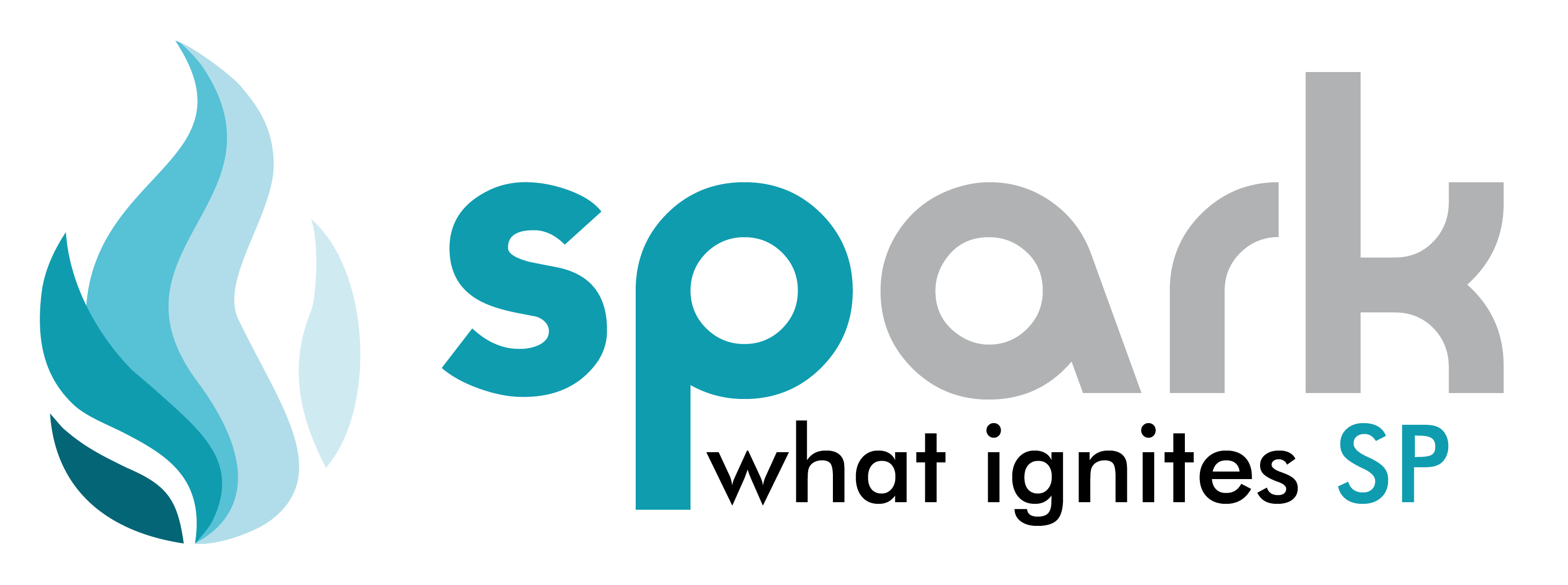The Cambridge Analytica scandal would have passed by as another data breach had the data not been mined from the social media giant Facebook itself.
On Saturday The Guardian’s story appeared which sent out ripples of rage emanating from both, influential personalities as well as common masses around the globe- “Revealed: 50 million Facebook profiles harvested for Cambridge Analytica in a major data breach.”
What is Cambridge Analytica?
Cambridge Analytica is a privately managed company that combines data mining and data analysis with strategic communication for the electoral process. It primarily helps politicians from across the world with their campaigns. It did work for Senator Ted Cruz’s 2015 presidential campaign, for instance, and even Donald Trump’s presidential campaign in 2016. It reportedly also helped the Leave.EU campaign – on an informal basis – with profiling and targeting voters on Facebook.
What is the scandal about?
Facebook has burnt its fingers once too many times when it comes to data leakage and privacy issues in its 14-year history. However, every issue has always been overcome with necessary reforms. This time Facebook got sucked down its own loophole hidden in the privacy policies.

The data leakage, as some might call it, began with a UK academic named Aleksandr Kogan, who’s firm, not unlike any other third party, requested for creation of an application developer account on Facebook, explaining that he wanted access to Facebook’s data for a research project. Facebook has always encouraged foreign developers to run their applications on their platform and thereby granted the same. Kogan’s application featured on the lines of a personality quiz which would analyze the undertaker’s profile along with his choices, as answered in the quiz, to produce an alluring result. Users could turn off this setting, but it’s hard to turn off something you don’t know exists. Kogan quickly ended up with data on roughly 50 million people. Later Facebook tightened it’s policies and denied permission to the second version of his application, however, Kogan already had mined data without breaking any undertakings.

The bypassing of regulations came into the picture when he sold the data to Cambridge Analytica, violating his agreement with Facebook. This, however, was overlooked as millions raised their eyes to the leakage of data to a third party in the first place. The news made it look as if Facebook’s data controls were lax and that its executives were indifferent. Around the world lawmakers, regulators, and Facebook users began asking very publicly how they could support a platform that didn’t do more to protect them. Soon, powerful politicians were chiming in and demanding to hear from Zuckerberg.
Facebook didn’t start to suspect that Kogan had misused its data until it read a blaring headline in The Guardian in December 2015: “Ted Cruz using firm that harvested data on millions of unwitting Facebook users.”

Facebook immediately secured written assertions from Cambridge Analytica, Kogan and Christopher Wylie that the data had been deleted. However, did not insist on an audit of all of Cambridge Analytica’s machines and thus failed to ensure whether the data still existed or had been used in any way at all. On recently discovering otherwise, Zuckerberg stated that he regrets taking Cambridge Analytica at its word.
“This was clearly a mistake” – Mark Zuckerberg
Current Scenario:
This scandal questioned the very safety of an individual’s private information on their account and put forth challenges such as “How could they tighten up the system to make sure this didn’t happen again?” “What should they do about all the calls for Zuckerberg to testify?” “Should they sue Cambridge Analytica?”
Meanwhile, the stock had collapsed, chopping $36 billion off the company’s market value on Monday. By mid-Tuesday morning, it had fallen 10 percent since the scandal broke.

Zuckerberg addressed the scandal publicly through a Facebook post on Wednesday. He wrote that the company made “mistakes” and outlined how it has changed its policies to make sure that user data is protected.
“I wish we’d taken those steps earlier,” said Zuckerberg. “That … is probably the biggest mistake that we made here.” He added that Facebook plans to alert everyone whose data was accessed by Cambridge Analytica. It is now of paramount importance for Facebook to make up for its mistake and reestablish trust and assurance of safety in its community.

